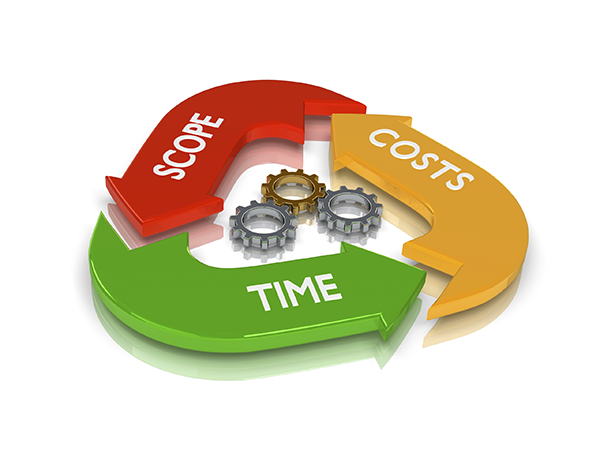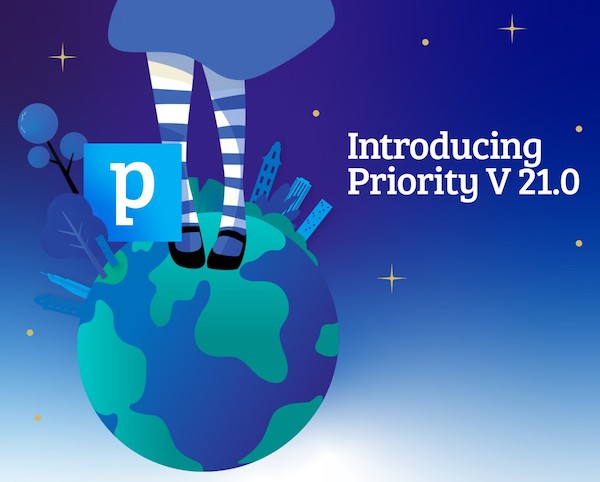ERP News – worldwide – erpnews.com – All ERP systems are not created equally and neither are manufacturers. Some ERP vendors claim to include all costs up front to implement the ERP system into the manufacturers business as a fixed price model without knowing the specifics. Many do this in order to close the deal, make the sale. Different people, different machines, different processes and different parts manufactured etc. Manufacturers need to be aware that most of the work and benefit is in the work and effort integrating the ERP system, defining processes and standards. Creating specific user guides and documenting processes is an added benefit coming from ERP implementations. Make sure to allow for ERP tuning in the original quote so you don’t get surprised when the ERP vendor says the request made is out of scope and a change request is required to make an amendment at additional cost to the original agreement.

Here is an example, a company designing and making blow molding tooling for plastic heating ducts for the automotive industry and producing parts vs a company designing and making tooling for electrical connectors, typical progressive stamping dies. Take note that the blow mold tooling is much smaller and more simple and the electrical connector stamping tooling manufacturing is more complex. Both require the ability to purchase standard components for tooling. However the design, processes to build and make parts is vastly different between the two. The electrical stamping tooling will have more complex processes, something we call outside services for example where parts need to leave the building for coatings or heat treating. There will also be a lot more pieces to purchase and manufacture for the stamping tooling.
How can an ERP vendor offer a fixed price for implementing a manufacturers ERP system. The work involved to implement a system for a blow molding company is vastly different from a stamping company. The knowledge to properly implement an ERP system resides within the skilled people in your organization and a skilled engineer from the ERP vendor. The time and effort to go through a detailed process analysis within a complex tooling manufacturer compared to a simple tooling vender differ vastly. During the implementation the processes within the organization will have to be altered to work within the ERP system. An ERP project leader will be appointed from within the manufacturer to co-ordinate efforts with the ERP Vendor. The ERP Vendor will deploy an Engineer to work onsite at your location. The ERP Vendor will educate your team on how the system works and provide recommendations on best practices once the Engineer understands your process. This goes above and beyond training. It could take several weeks to months for this process to happen. There is no magic silver bullet, what makes one manufacturer better than another is the time and effort put into making process better and more efficient, implementing systems better to produce the desired result. A manufacturer will get out of a system what they put into it. If not enough time is put into to take full advantage of the ERP system, why are you doing it? The purpose is to improve the efficiency of the business. Do it right and plan for it.
A 5 or 6 day course will show each user how to enter data into specific fields, what the fields mean and how to make a purchased item as opposed to a non purchased item. How to use the AR/AP module, the Purchasing module, the receiving module etc. What it will not get into is your business rules and standards. For example say it is important to generate a sales order within your organization that aligns with the Purchase Order received from the customer. These will be specific line items that can be invoiced against. This is a task you will most likely want to be able to do from within the ERP system. Depending on the complexity of your business this could take several days alone to iron out. Depending on the type and complexity of your business will decide how much time is required to properly implement an ERP system.
ERP systems have a lot of free form text fields, how a company decides to use these varies depending on the type of Business. For example it may be desirable to create a standard name for each type of item created. Some items can be used again and again on several BOM’s. Socket head cap screws are common purchased items that fall into this category. Some in various sizes and lengths. Create standard descriptive names. The employees within your company have the answers to these questions.
A good thorough implementation in a large complex organization will easily take 1 year or longer. A more simple smaller business, yes, can be done for less.
Implementing an ERP system for a software VAR selling Cisco for example, is something completely different than a custom build Manufacturer. So if the ERP vendor is trying to push a generic ERP system your way, be sure it is right for your type of business. Another good option is to talk to other Manufacturers using the ERP system you are about to buy. How does it work for them?
Another factor to consider is “go live” day. This is the day the system is turned on and is used to flow through each step of the business process. On “go live” day the vendor should have someone onsite for the entire week. Especially if it is a large complex tooling manufacturer. Each person throughout the process will need some time to ensure data is entered correctly and appears on the appropriate downstream users screen. For example, Engineers enter Items that are for product structures, someone these items get purchased, others get manufactured. The Purchaser needs to be able to clearly understand what is being purchase, Production control needs to understand what is being manufactured and assembled. Schedules and routings are made by production, items are routed to work centers for manufacturing. Hours on work enters are collected for costing. Material purchased needs to be received and placed into inventory. Accounting need to receive invoices. The people within your organization need to be walked through the process such that there is no impact to the operation of the business.
Be prepared and understand your business and what it really takes to implement an ERP system. The knowledge exists within the business to do it right, plan for it, what problems is the ERP system going to fix? Scheduling? Job Costing? Business continuity?




